To know how to free oneself is nothing; the arduous thing is to know what to do with one's freedom
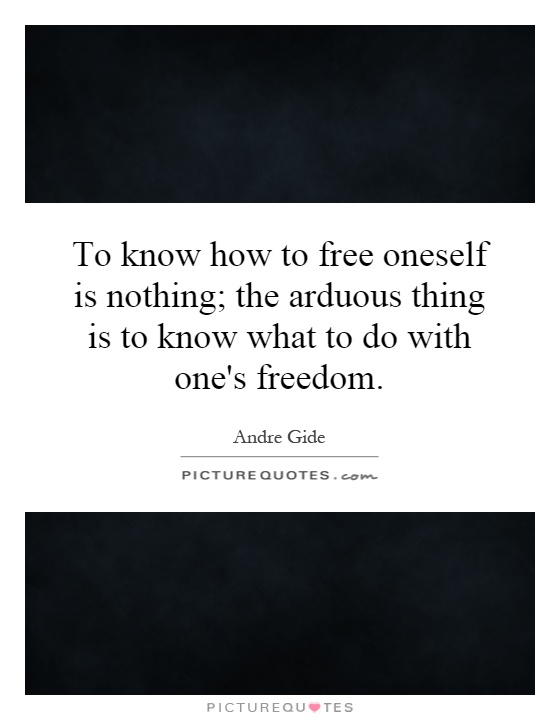
To know how to free oneself is nothing; the arduous thing is to know what to do with one's freedom
André Gide, a French author and Nobel Prize winner, was known for his exploration of freedom and individuality in his works. The quote “To know how to free oneself is nothing; the arduous thing is to know what to do with one's freedom” encapsulates the essence of Gide’s philosophy on freedom and the responsibility that comes with it.Gide believed that true freedom was not simply the absence of constraints or limitations, but rather the ability to make conscious choices and take responsibility for one’s actions. In his novel “The Immoralist”, the protagonist Michel embarks on a journey of self-discovery and liberation, only to realize that true freedom comes with a heavy burden of moral responsibility. Michel’s newfound freedom leads him to question his own values and beliefs, ultimately forcing him to confront the consequences of his actions.
Gide’s quote suggests that the real challenge lies not in breaking free from societal norms or constraints, but in using that freedom wisely and ethically. It is easy to rebel against authority or tradition, but it is much harder to navigate the complexities of freedom and make choices that align with one’s values and principles. Gide believed that true freedom required introspection, self-awareness, and a willingness to confront the uncomfortable truths about oneself.
In his essay “The Fruits of the Earth”, Gide explores the concept of freedom as a double-edged sword, capable of both liberating and destroying the individual. He argues that true freedom is not about indulging in hedonistic pleasures or selfish desires, but about finding a balance between personal fulfillment and social responsibility. Gide believed that true freedom could only be achieved through self-discipline, moral integrity, and a commitment to living authentically.
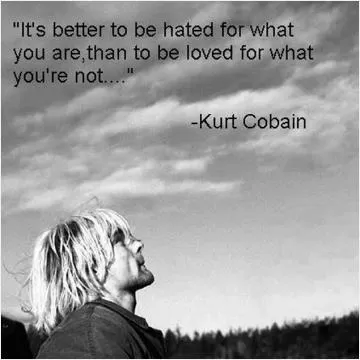
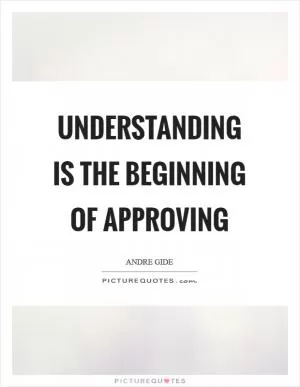
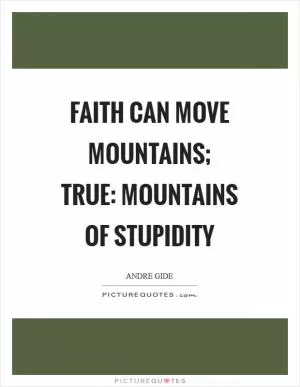
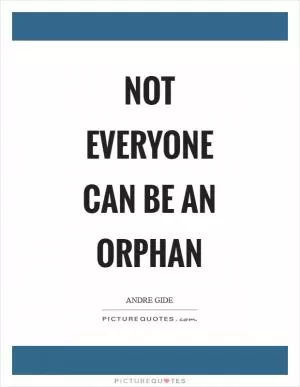
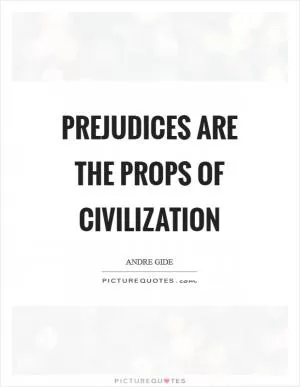
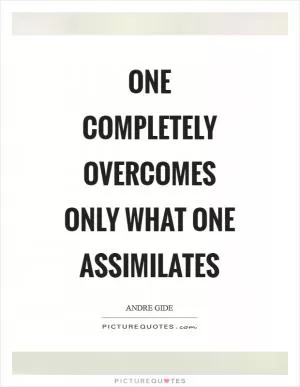
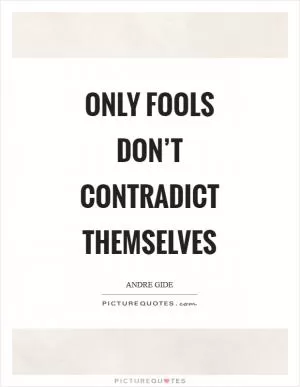
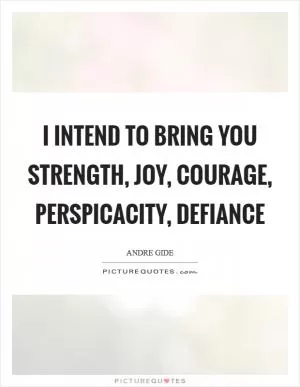
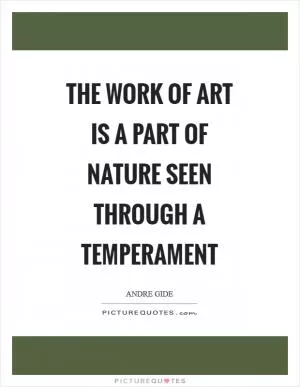
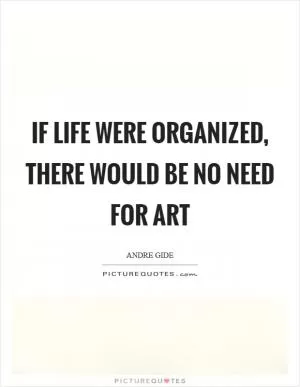
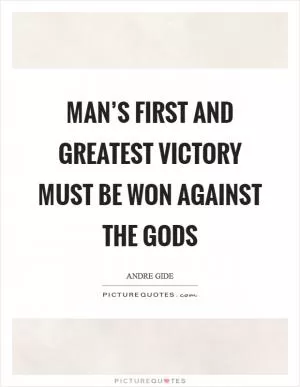
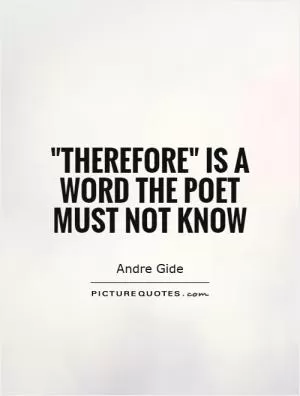
 Friendship Quotes
Friendship Quotes Love Quotes
Love Quotes Life Quotes
Life Quotes Funny Quotes
Funny Quotes Motivational Quotes
Motivational Quotes Inspirational Quotes
Inspirational Quotes